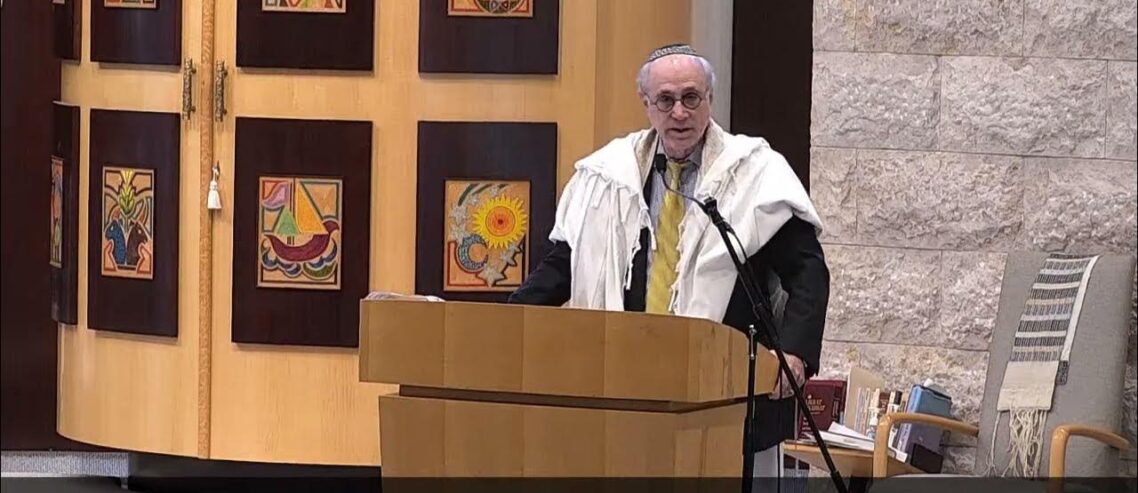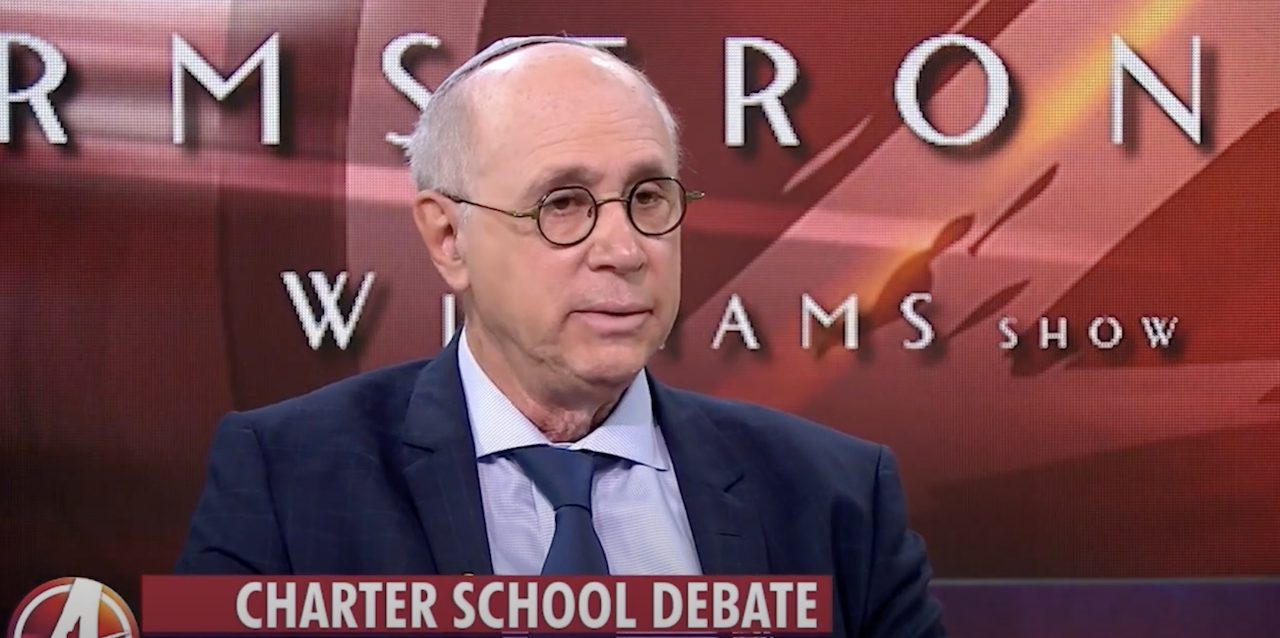Silence Over the Rape of Dinah and by Women’s Groups Over the Rapes Committed by Hamas
Rabbi Weinblatt’s Sermon
On Erev Yom Kippur
It is difficult to know which aspect of the story of Dinah is most disturbing. Is it that she was taken and raped by Shechem? Is it the silence of her father Jacob in the face of his daughter being violated? Is it the complicity of the townspeople? Is it the actions of Dinah’s brothers, Simon and Levi who proceed to deceive and then inflict collective punishment on the entire city as retribution for their sister being taken against her will?
There are numerous story lines to pursue and questions which the Torah raises, not least of which is — what are the parallels of this incident to what is happening today?
It has been almost impossible since the massacre on October 7, 57 days ago by Hamas terrorists to read any of the weekly Torah portions without finding a parallel to the events that dominate our concerns since Black Saturday of Simchat Torah.
Although the narrative in the Bible does not provide us with any account of how Dina felt about the whole affair, we know that raping and taking another person against their will is repugnant, immoral, and wrong, unless, judging by the world’s reaction, it is a Jewish woman in Israel who is the victim.
Meredith Jacobs, CEO of JWI, Jewish Women International and a member of B’nai Tzedek wrote a powerful piece that appeared in the Forward earlier this week condemning the silence of women’s rights groups and their failure to acknowledge and condemn what Hamas terrorists did to women in Israel. She called out a rape crisis center at the University of Alberta which signed an open letter that denied that Israeli women were raped, and commented, “For those of us who work to end domestic and sexual violence, there are two key tenets: Believe women. And never blame the victim.” Click here to read the full article.
It took the UN Committee charged with dealing with women’s issues 7 full weeks to condemn the massacre, and once it did, they did so in a mild, tepid comment posted on a social media platform which fell far short of an actual condemnation of Hamas’ war crimes.
The organization I chair, the Zionist Rabbinic Coalition issued a strong condemnation of the National Women’s Studies Association for its reaction to the October 7 invasion of Israel and the sadistic acts and Hamas’ crimes against humanity. On October 11, just four days after the massacre committed by Hamas, rather than condemn Hamas, listen to the statement of the Women’s Studies Association: “As feminists, we recognize that violence and war often inflict gendered and sexualized harms on women… We cannot look away while this violence destroys people’s lives.” So far, so good.
But then it goes on to say, “The struggle for Palestinian liberation and for a just and lasting peace in the region is intertwined with the liberation and resistance movements led by other indigenous, colonized, and oppressed peoples everywhere. We reaffirm our unwavering support for the Boycott, Divestment, and Sanctions (BDS) resolution. We pledge to continue to work as hard as we can to educate ourselves and our communities about the historic injustice, suffering, and resistance of Palestinians.” They say nothing about the rape of Israeli women. They go on to call for an immediate ceasefire, and “an end to Israel’s blockade of Gaza and the 16-year siege, as necessary first steps to prevent the loss of more lives and to lay the groundwork for comprehensive negotiations aimed at ending Israel’s apartheid regime and illegal occupation and recognizing Palestinians’ right to self-determination.”
In a letter drafted by my colleague, Rabbi Lisa Malik, we said their statements undermine their credibility as advocates for women, condemned their hypocrisy and said they were morally bankrupt. The statement they issued two weeks later at the end of their annual conference was just as bad, leading me to write, “If this was not an official statement, it would be laughable and dismissed as a joke or the invention of a satirist mocking the NWSA’s lack of common sense.” Click Here to read the full letter.
The classic definition of chutzpah used to be – a kid who kills his parents and when brought to trial appeals to the judge and pleads for mercy because he is an orphan. The new definition is of social justice and women’s groups who are supposed to care for the rights of women who do not care about the issues they are supposed to care about when Jews are the victims.
My son, Ezra, wrote a blogpost in the Times of Israel pointing out the blatant hypocrisy of Save the Children, which despite its name and mission, has been silent on the kidnapping of Israeli children and the violence done to the children they are supposed to save. Click here to read “Save the Children” blog post.
Where is the outcry against the atrocities committed against Jews? How can we comprehend the demonstrations supporting a misogynistic, homophobic, racist group of thugs? Are people’s memories really that short, and are they that shallow? Where is Michelle Obama who rightly called the world’s attention to the abduction of girls in Nigeria by the Islamic terrorist group Boko Haram?
My friends, we are witnessing what feels like a tsunami of hate against Jews, of a world that has lost its sense of right and wrong.
What can we do? How should we react?
As Meredith pointed out, “even if what we say will not make a difference, we must continue to tell the simple reality: Violence against Jewish bodies, Israeli bodies, is a crime against humanity. The world might ignore it. But that doesn’t make it any less true.” We must raise our voices and let others know the truth — who is the source of evil; who it is that is truly oppressing the Palestinian people, stealing the millions of dollars sent to the Gaza Strip and preventing them from freedom.
And let your elected representatives know how you feel, for the other side is certainly not keeping quiet. Their demonstrations the last two weeks alone – the Macy’s Day Parade in New York, at the lighting of the Christmas Tree in Rockefeller Center, at Rosalyn Carter’s funeral and elsewhere, are all designed to disrupt, distort the truth and even more – to intimidate those who support Israel’s right to defend itself against a murderous gang that seeks its destruction.
In this week’s Torah portion, Jacob’s name is changed to Yisrael, for as the narrator tells us, it means he has struggled with God, and prevailed. The struggle continues. It is a struggle to see to it that good is more powerful than evil. And we must prevail.
I conclude with a classic comment on a verse from the beginning of the parasha. Before he met Esau, we read that Jacob was greatly afraid and distressed.
וַיִּירָ֧א יַעֲקֹ֛ב מְאֹ֖ד וַיֵּ֣צֶר ל֑וֹ
Rashi cites a midrash that if he was greatly afraid, it is not necessary to tell us that he was distressed. The added description of his state of mind, that he was anxious, is superfluous. If he was greatly afraid, he was obviously distressed. So it asks – why does the text use both words to describe how he was feeling? Rashi explains, “Jacob was greatly afraid lest he be killed, and he was distressed lest he kill others.”
In other words, Jacob thought to himself: “If Esau prevails against me, he will kill me, but if I am stronger, will I not kill him?” And this is what caused him to be distressed, and explains why the seemingly superfluous words are added.
And that captures the essence and irony of Israel’s battle to defend itself today, for we Jews value and love life.
Perhaps Golda Meir was aware of Rashi’s insight when she said, “One day we will have peace with the Arabs, and we will forgive them for killing our sons, but we will never be able to forgive them for making our sons have to kill theirs.”
Let us hope that that day will come. It will only come when Israel is strong and that can happen only when we Jews around the world stand together with Israel.





